About the Center to Advance Interprofessional Education Practice
The Center to Advance Interprofessional Education Practice (CAIEP) prepares students to work collaboratively across disciplines, leading to better outcomes in clinical and community settings—and greater career readiness.
Our work spans all health professions programs at UNE and extends to the arts, sciences, research, and humanities. We foster an inclusive environment where students, faculty, and community partners learn with and from one another to improve health practices and enhance quality of life.
Interprofessional education (IPE) is a cornerstone of the UNE experience. CAIEP offers a continuum of evidence-based, clinically relevant programming grounded in the values of equity, social justice, cultural humility, inclusivity, empathy, and collaborative competence. Students experience this culture of teamwork through coursework, faculty modeling, and immersive interprofessional learning opportunities—developing the skills employers seek and preparing them for success in diverse professional environments.
We invite you to take part in our knowledge exchanges and hands-on activities as you build the skills, confidence, and relationships essential to effective collaboration and career success.
The Impact of Interprofessional Education
In addition to making people more effective health care providers, IPE helps people get hired, maximize leadership opportunities, avert professional burnout, develop resilience, and more.
These are among the findings from a recent survey of alumni, asking them to gauge the impact their interprofessional education is having on their working lives.
Why Interprofessional Education Matters
Student Opportunities
CAIEP engages UNE undergraduate and graduate students in a wide range of cross-disciplinary experiential activities, immersive service-learning opportunities, team-based community initiatives, and collaborative research projects.
Students can earn an IPE Honors Distinction by documenting participation in CAIEP activities in an e-portfolio and producing a meaningful interprofessional project.
If you’d like to learn more about CAIEP opportunities, email Michelle Cote at mcote8@une.edu.
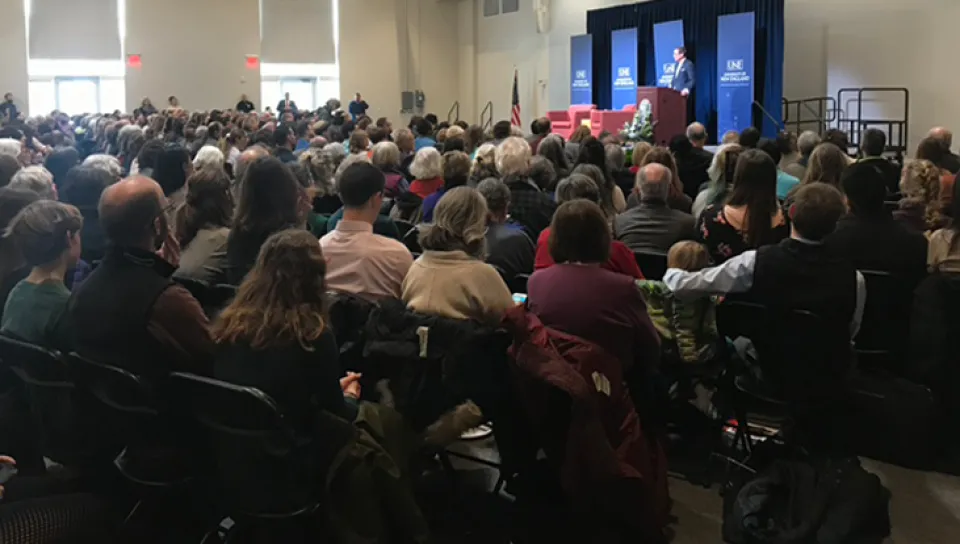
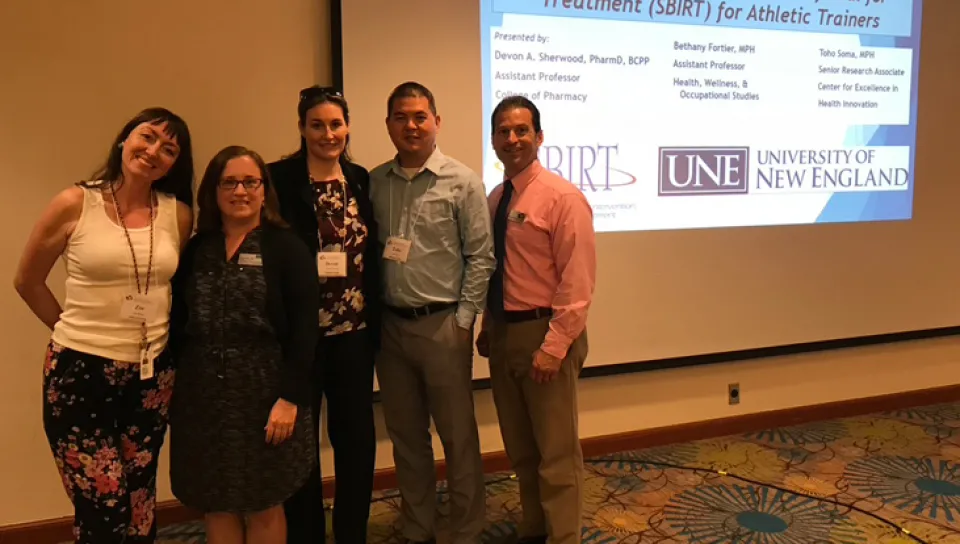
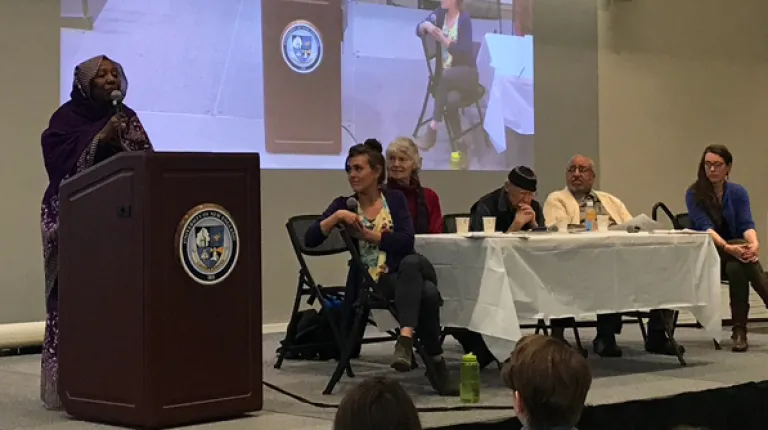
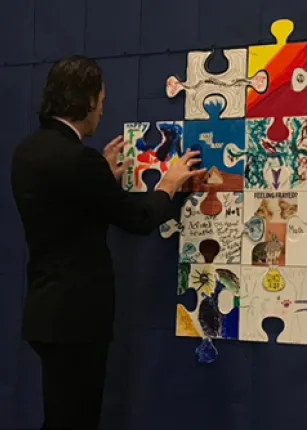
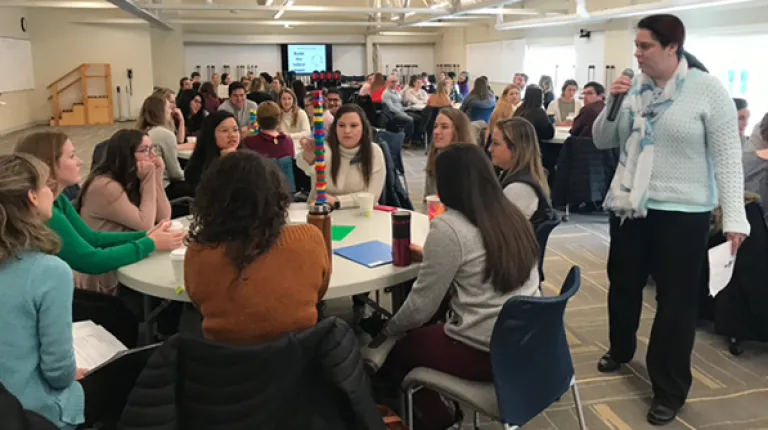
Faculty and Professional Staff Opportunities
Faculty and professional staff are always welcome and encouraged to become members of CAIEP’s lively community as facilitators, advisors, and researchers to advance knowledge of IPE’s efficacy.
To learn more about employee opportunities email Kris Hall at chall4@une.edu.
Our Collaborators
CAIEP builds relationships with faculty, university centers, programs, community partners, and national organizations. These partnerships contribute to state-of-the-art programming, meaningful co-curricular and service-learning opportunities for students while at the university, and lifelong connections post-graduation.
If you would like to partner with our center, email Kris Hall at chall4@une.edu.
